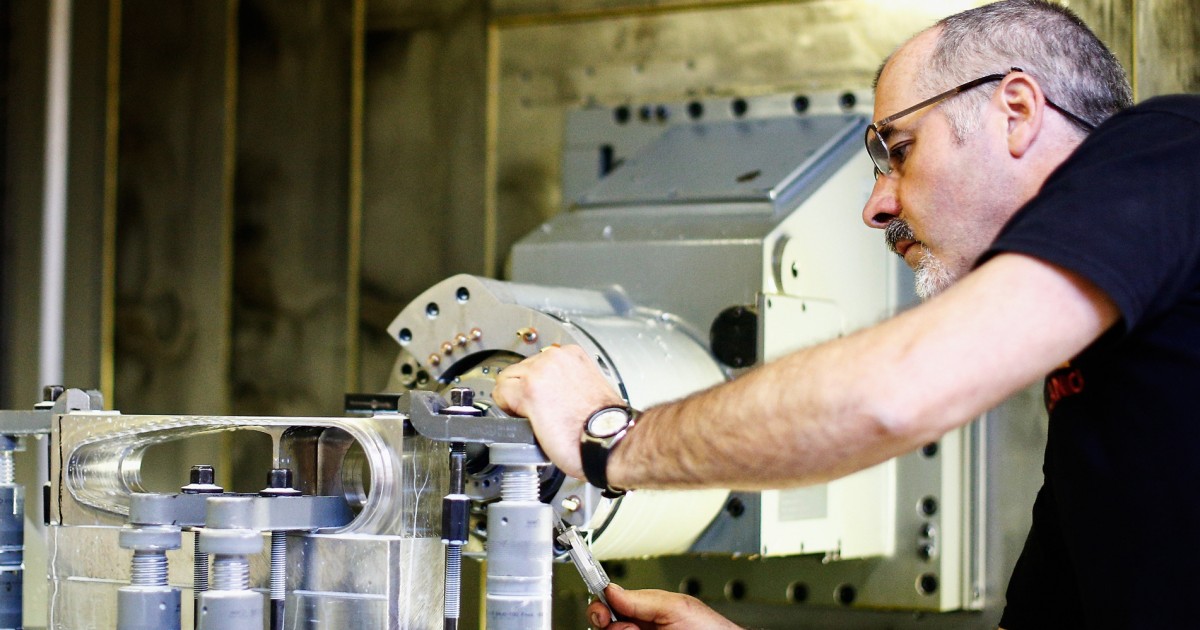
First Stage
In space and astronautical engineering, the first stage refers to the initial section of a multistage rocket that provides the majority of the thrust during the launch phase. The first stage is typically the largest and most powerful section of the rocket, and is responsible for lifting the entire vehicle off the launch pad and into the upper atmosphere. Once the first stage has expended its fuel, it is jettisoned and the second stage takes over. The first stage is often designed to be reusable, with some rockets featuring landing capabilities that allow them to return to Earth for refurbishment and reuse. The design and construction of the first stage is critical to the success of the launch, as it must be able to withstand the extreme forces and temperatures of liftoff and ascent.
Your Previous Searches
Random Picks
- Budgets: In space and astronautical engineering, budgets refer to the allocation of financial resources for the planning, development, and execution of space missions. Budgets are crucial for ensuring that space missions are completed within the all ... Read More >>
- Runway Length: In the context of aerospace engineering, runway length refers to the distance of the runway that is available and suitable for the ground run of an airplane during takeoff or landing. It is a critical factor in the design and operation of a ... Read More >>
- Geospatial Data Processing: In the context of aerospace engineering, Geospatial Data Processing refers to the collection, manipulation, and analysis of data related to the Earth's surface. This data is often gathered from various sources such as satellites, aircraft, ... Read More >>
Top News

A day at Uranus just got 28 seconds longer...
A day at Uranus just got a little longer...
News Source: ABC News on 2025-04-07

SpaceX's Fram2 returns from first-of-its-kind mission around Earth's poles...
The Fram2 mission, paid for and led by a cryptocurrency billionaire who is flying with three guests, has returned after a journey on a unprecedented polar orbit....
News Source: CNN on 2025-04-04

Scientists release plans for an even bigger atom smasher to address the mysterie...
GENEVA — Top minds at the world’s largest atom smasher have released a blueprint for a much bigger successor that could vastly improve research into the remaining enigmas of physics....
News Source: NBC News on 2025-04-01

Scientists release plans for even bigger atom smasher along the French-Swiss bor...
Scientists at the world’s largest atom smasher have released a blueprint for a much bigger successor that could help solve enigmas of physics, starting in the mid-2040s at a cost of about $16 billio...
News Source: ABC News on 2025-04-01

The 'Blaze Star' hasn't exploded yet, but it could soon...
T Coronae Borealis has an outburst every 79 to 80 years, according to NASA....
News Source: ABC News on 2025-03-28